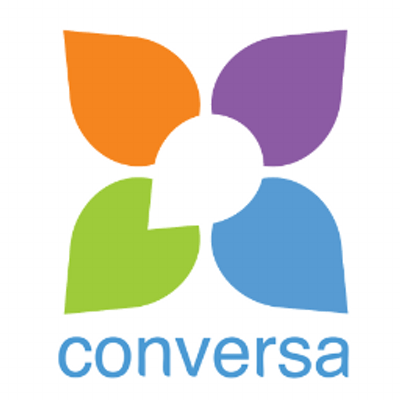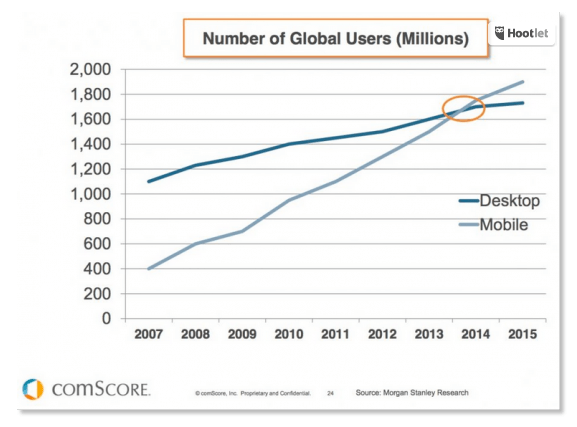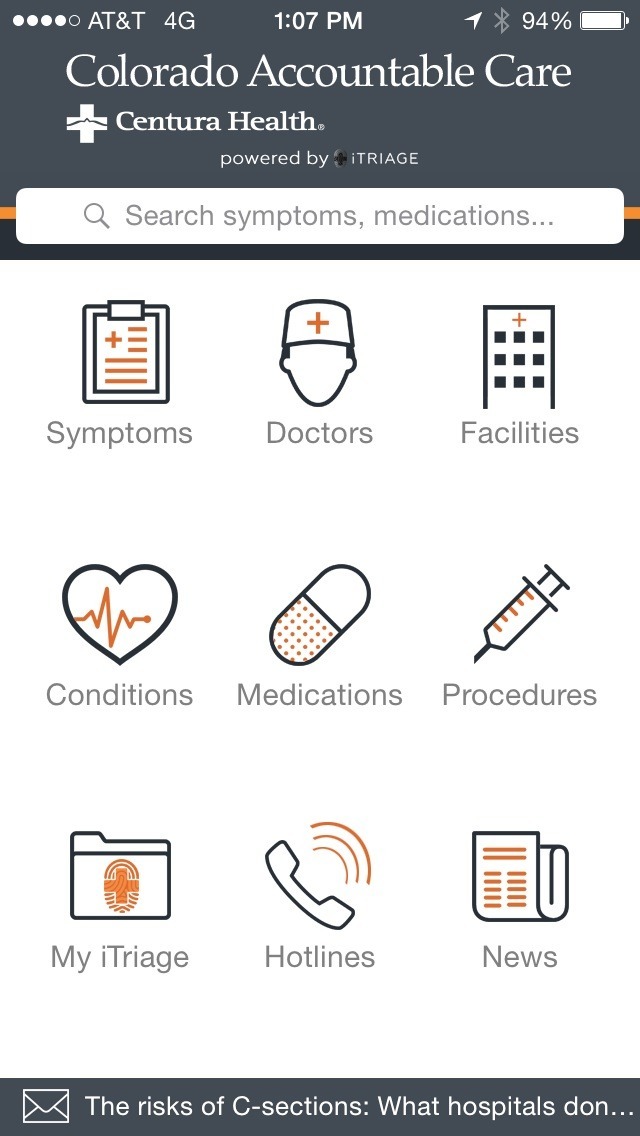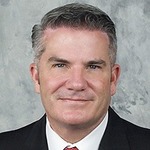Conversa Health’s Clinical Response Marketing Concept Recognizes that Clinicians Need Marketers for Patient Communications to be Effective
Wanted: Clinical Response Marketer. “This individual should have a strong grasp of consumer-friendly communications, be proficient in digital media including social media, and have the ability to lead the testing of different data collection and messaging approaches to find those that are most effective.” This is an excerpt from an actual job description posted by Read More



















